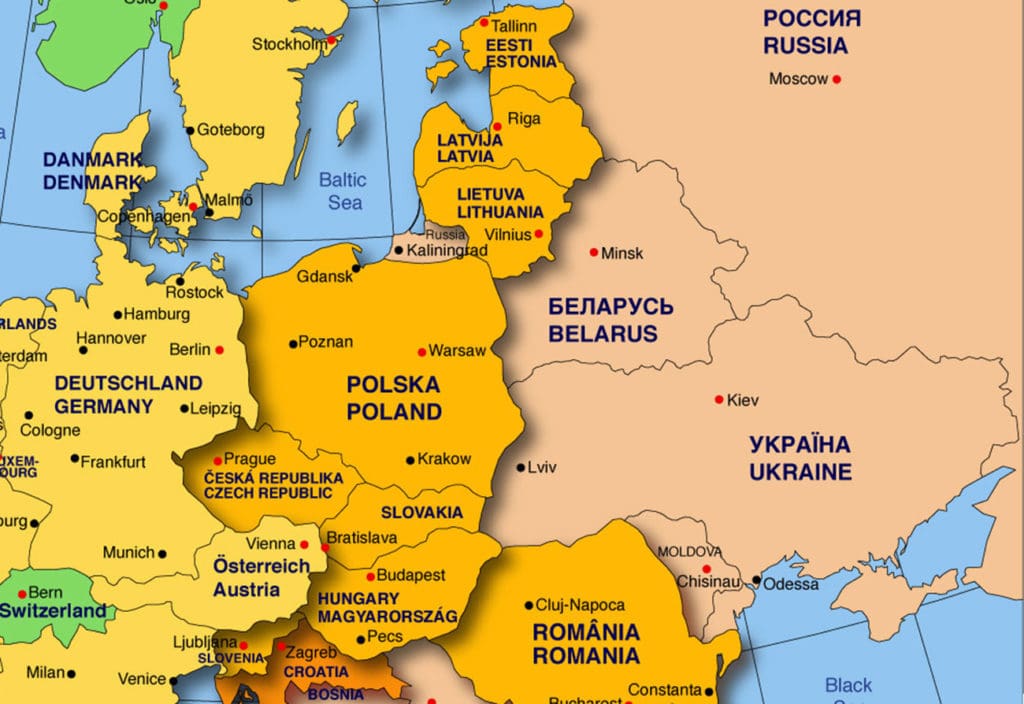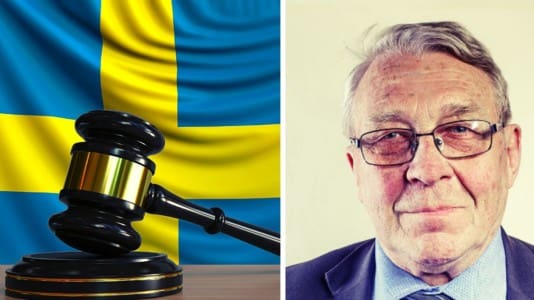As the Baltic states and now Poland are quickly ramping up their defenses on their border with Belarus, the migrants stuck there will have to resort to alternative routes, including going through Hungary, security policy expert László Földi told daily Magyar Hírlap.
“In any case, the situation will continue to escalate, as it is already more complicated than a border situation, the current migration is in fact an invasion. And Lukashenko wants to put the Union at the negotiating table. Poles, on the other hand, will not allow migrants under any circumstances,” said Földi, who is the retired former director of operation of Hungary’s foreign intelligence agency.
Belarus borders three European Union member states: Latvia, Lithuania and Poland (from north to south) while its southern neighbor, Ukraine borders Poland, Slovakia, Hungary and Romania.

Asked by the newspaper whether the migrant flow will make its way through Ukraine and Hungary, as other routes are blocked, Földi said that is a likely scenario.
“This is also included in the scenario, such a provocation is conceivable before the Hungarian elections in the spring. It is possible that they would want to trigger a domestic political crisis in Hungary with such a step,” Földi said.
He added that the EU should step up its efforts to find a negotiated solution to the crisis that has already gone beyond Cold War levels.
“The current situation is beyond the form of a Cold War,” he said, “Further escalation should be avoided by all means, with the parties focusing on the agreement rather than new sanctions.”
As we previously reported, in a recent interview with another Hungarian paper, Földi said that although the crisis is intensifying, Europe remains divided by internal strife.
“Another issue is that instead of European countries taking over the protection of Europe, internal tensions are being exacerbated and created where they have not been before, such as Russia-Poland, Poland-Belarus, and Belarus-Russia,” Földi said, adding that the conflict is partly generated by forces who want to dismantle European nation states.





